Top 7 Family-Friendly Bedroom Ideas That Combine Style and Safety
Creating a bedroom that's both stylish and safe for the whole family can feel like a tightrope walk. You want your kids to have a fun, imaginative space—but without compromising on safety or adult taste. The key? Striking that perfect balance between functionality, durability, and of course, aesthetic appeal.
Table of Contents
- Why Family-Friendly Bedroom Design Matters
- 7 Brilliant Bedroom Ideas for Every Family Member
- Buying Guide: What to Look for in Family-Friendly Bedroom Furniture
- Final Thoughts: Making Bedrooms Work for Everyone
Why Family-Friendly Bedroom Design Matters
Family-friendly doesn't mean boring. In fact, it means designing spaces that evolve with your family—whether you're raising toddlers, teens, or hosting weekend sleepovers. These are some core principles to keep in mind:
| Design Element | Why It’s Important |
|---|---|
| Safety First | No sharp edges, secure furniture, and non-toxic materials are a must when little hands are involved. |
| Durability | Kids spill things. A lot. Opt for washable surfaces and sturdy materials. |
| Flexibility | Rooms should grow with your family. Think modular furniture and multi-use spaces. |
| Personalization | A bedroom should reflect the personality of its occupant—even if they’re still learning how to spell their name! |
7 Brilliant Bedroom Ideas for Every Family Member
Idea #1: Bunk Beds with Storage
If you've got two kids sharing a room—or even just one who loves sleepovers—a bunk bed is a smart choice. Bonus points if it comes with built-in storage underneath. We love the look of these modern, lofted designs that double as play zones.
Idea #2: Neutral Base + Accent Walls
Go for neutral tones like soft grays, whites, or taupes on most walls to create a calm base. Then pick one wall to add a bold splash of color or pattern. This allows you to change up the theme easily as your child grows.
Idea #3: Wall-Mounted Bookshelves
Wall-mounted shelves are not only safer than floor-standing ones (no risk of tipping), but they also free up valuable floor space. Plus, you can use them to display books, toys, or art supplies in a neat and organized way.
Idea #4: Play Zones Under Loft Beds
If you’ve got limited space, consider a lofted bed. Underneath, you can create a cozy reading nook, a mini desk area, or even a tiny couch zone for hanging out with friends.
Idea #5: Personalized Name Art
Add a personal touch with custom name signs or framed prints. Not only does this make the room feel special, but it also encourages ownership and pride. Kids love seeing their names in lights—literally!
Idea #6: Washable Wall Surfaces
Yes, we said it—walls that your kids can draw on! From chalkboard paint to magnetic whiteboards, there are plenty of durable, erasable surfaces designed specifically for creative little hands.
Idea #7: Cozy Reading Nooks
Whether tucked into a corner or under a window, a reading nook is the ultimate retreat. Add floor cushions, soft blankets, and a small side table—and don’t forget the fairy lights!
Buying Guide: What to Look for in Family-Friendly Bedroom Furniture
Choosing the right furniture for a family bedroom is more than picking out what looks good. It’s about investing in pieces that stand up to daily wear and tear while supporting your child’s growth and development. Here’s what to look for:
1. Material Matters
- Wood: Solid wood is durable and timeless. Make sure it has rounded edges and a smooth finish.
- MDF (Medium Density Fiberboard): More affordable than solid wood, but less durable over time. Good for temporary setups.
- Plastic: Great for toddler rooms. Easy to clean and lightweight.
- Fabric: Opt for stain-resistant or machine-washable fabrics, especially for seating and bedding.
2. Size & Scale
Choose furniture that fits the age and size of the user. For younger children, opt for low-to-the-ground beds and tables. Teens might appreciate more mature silhouettes and extra storage options.
3. Versatility
Look for multifunctional items such as:
- Beds with trundles or hidden storage
- Desks that convert into changing tables
- Dressers with removable organizers
- Bean bags that double as extra sleeping spots
4. Product Spotlight: Modular Bed Systems
These systems let you reconfigure the bed as your child grows—from toddler bed to full-size. They often come with optional slides, tents, and study desks.
| Feature | Description | Who Is It For? |
|---|---|---|
| Adjustable height settings | Grows with your child from ages 2–18 | Families with multiple children or long-term use plans |
| Modular accessories | Slide, desk, shelf, and canopy attachments available | Playful, active kids who enjoy interactive spaces |
| Non-toxic finishes | Meets U.S. and EU safety standards | All families with young children |
| Easy assembly | Most come with pre-drilled holes and all necessary hardware | New parents or DIY enthusiasts |
5. Holiday Buying Tips
- Back-to-School Season: Look for deals on desks, chairs, and organizational tools.
- Black Friday / Cyber Monday: Great for bulk purchases like mattresses and dressers.
- Holiday Sales (December): Perfect for gifting personalized furniture or decorative items.
Final Thoughts: Making Bedrooms Work for Everyone
Family-friendly bedroom design isn’t about sacrificing style for safety—it’s about finding clever ways to bring both together. Whether you’re redesigning a nursery or revamping a teenager’s hangout spot, always aim for spaces that support growth, creativity, and connection.
So grab a sketchpad, involve the whole family in the brainstorming process, and remember: the best bedrooms are the ones where everyone feels at home.

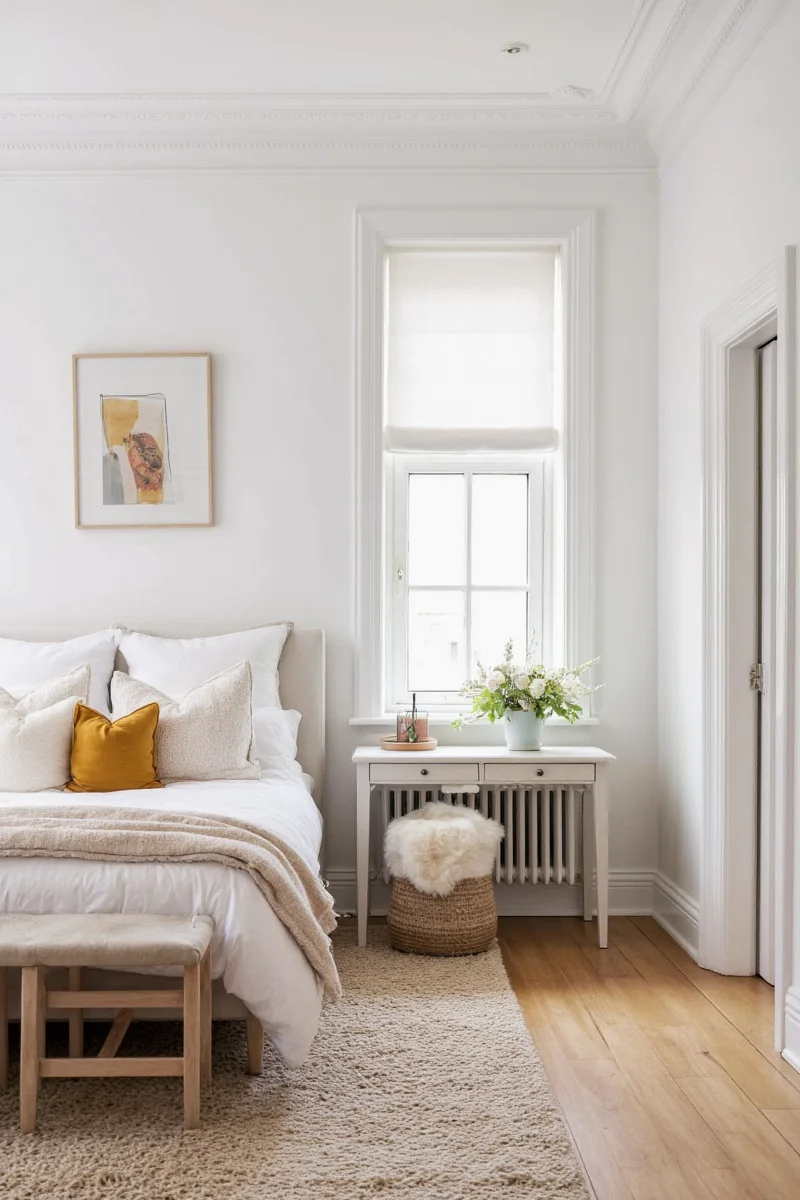
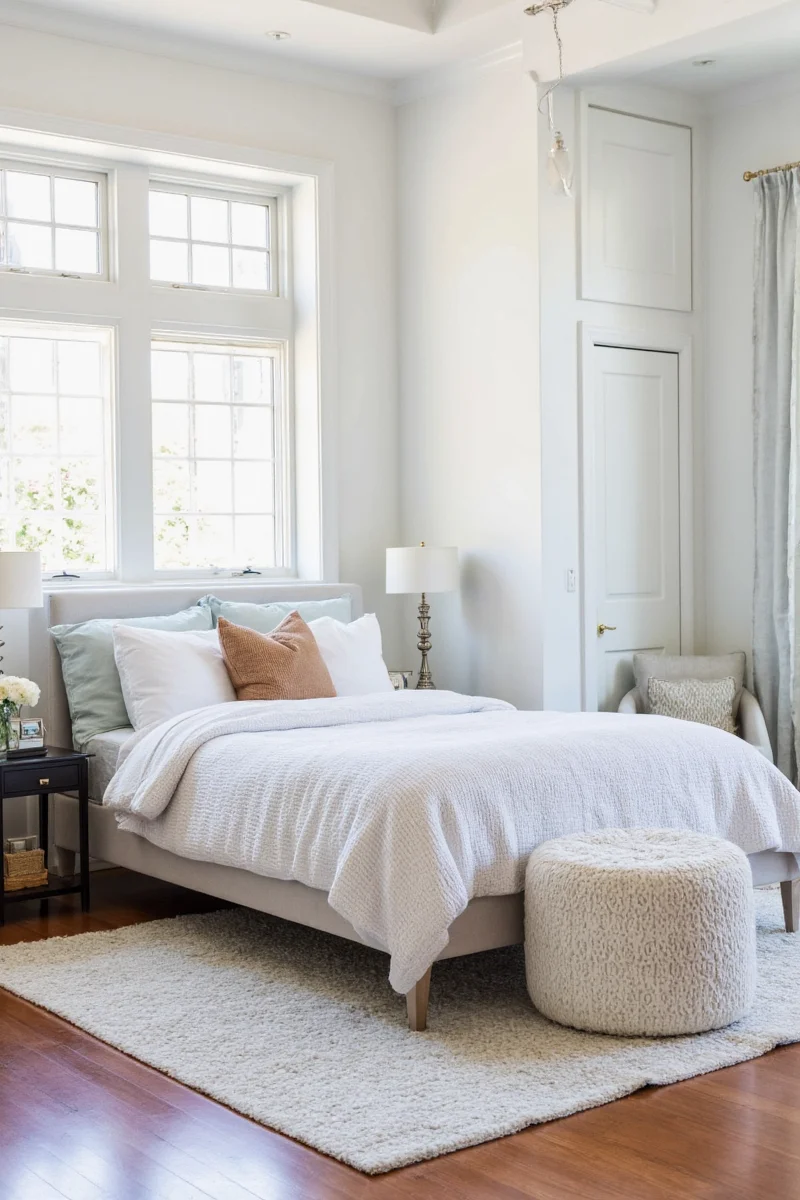
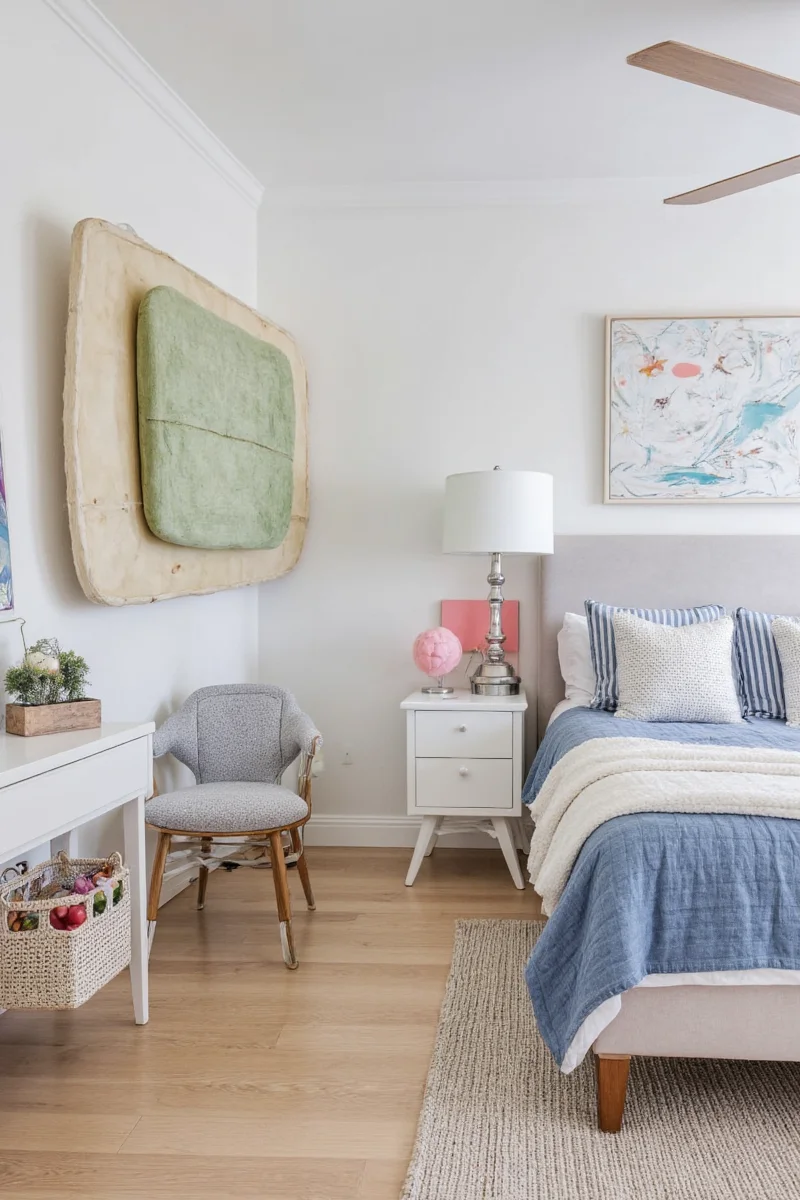
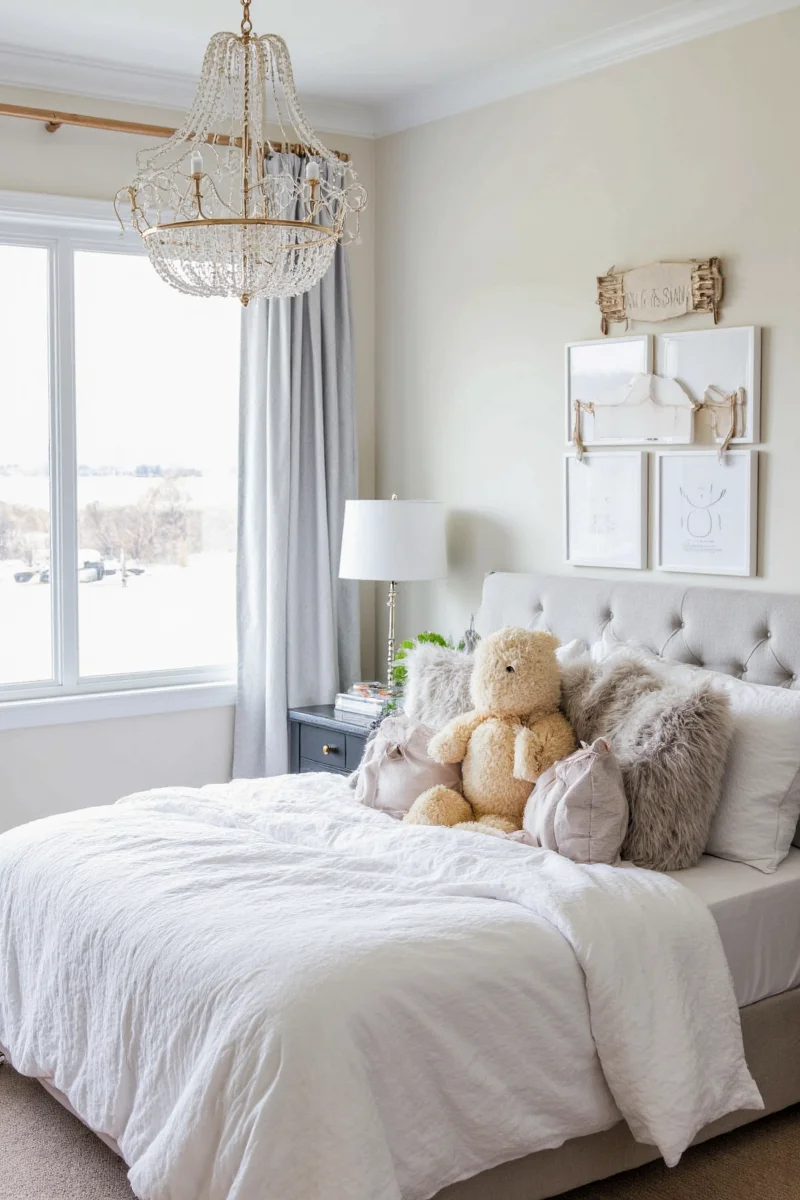
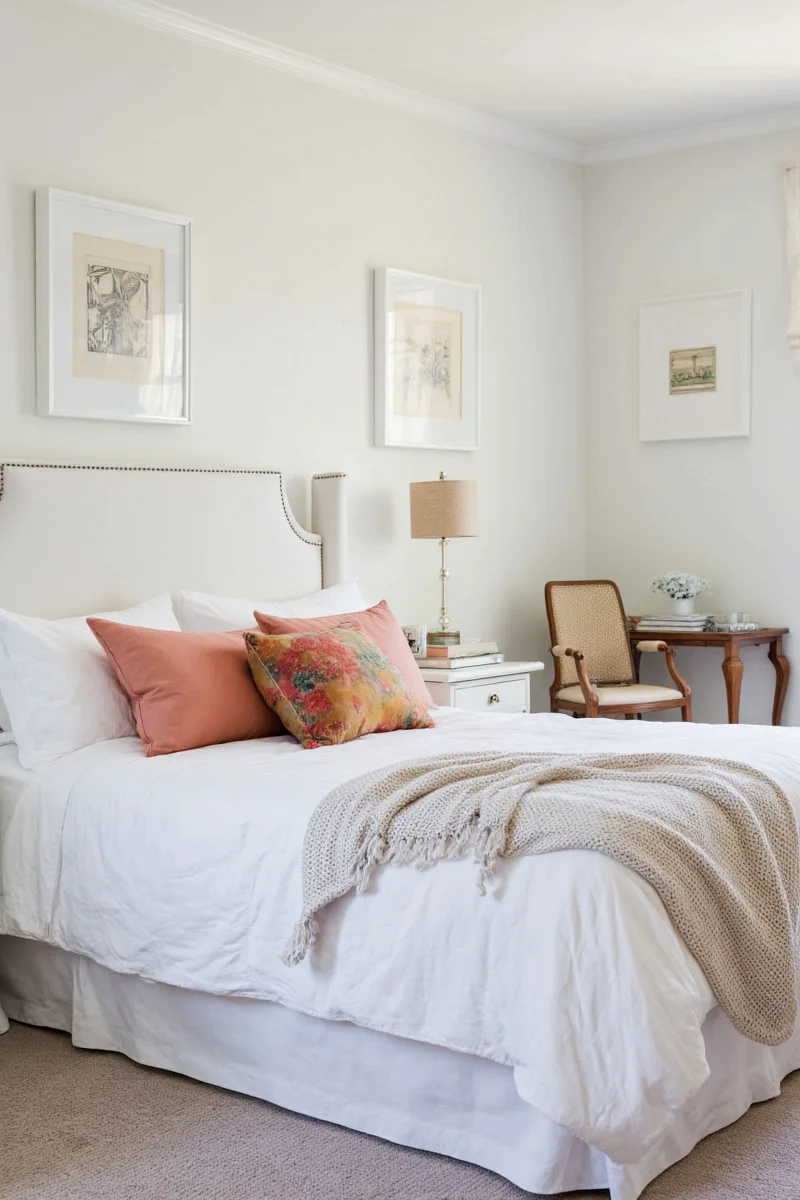
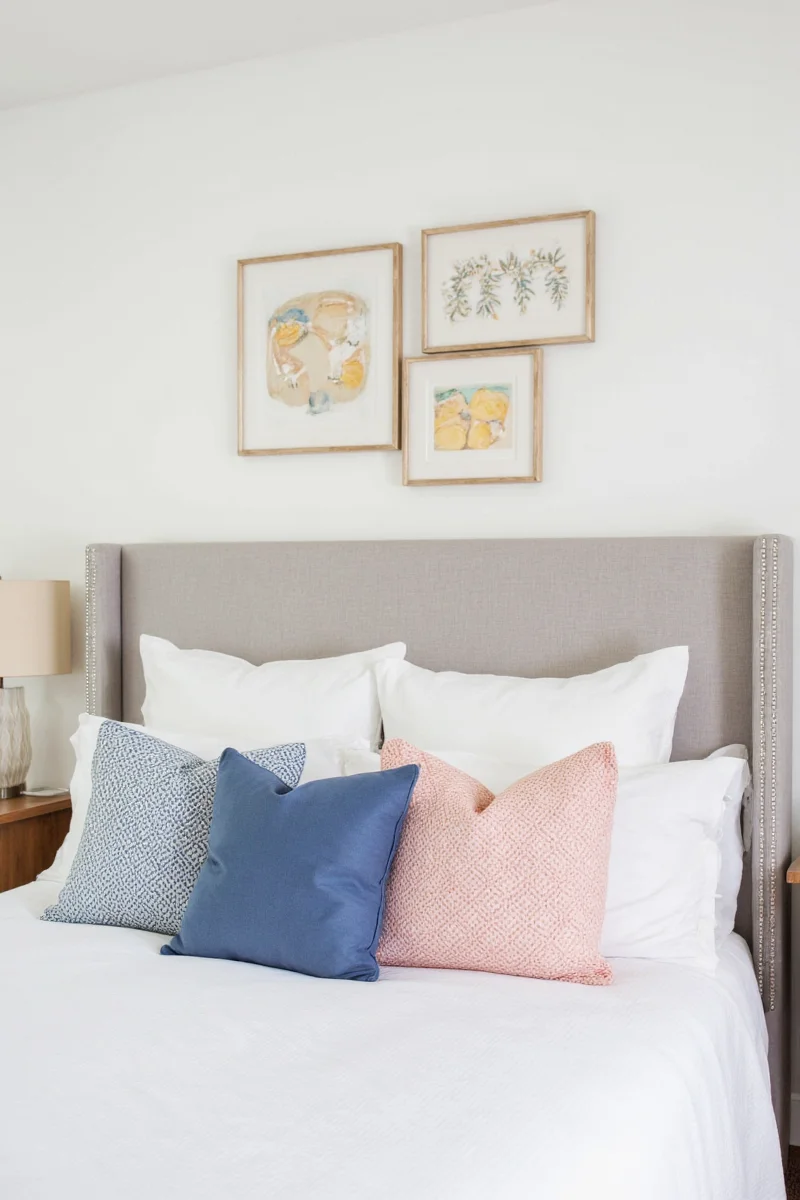
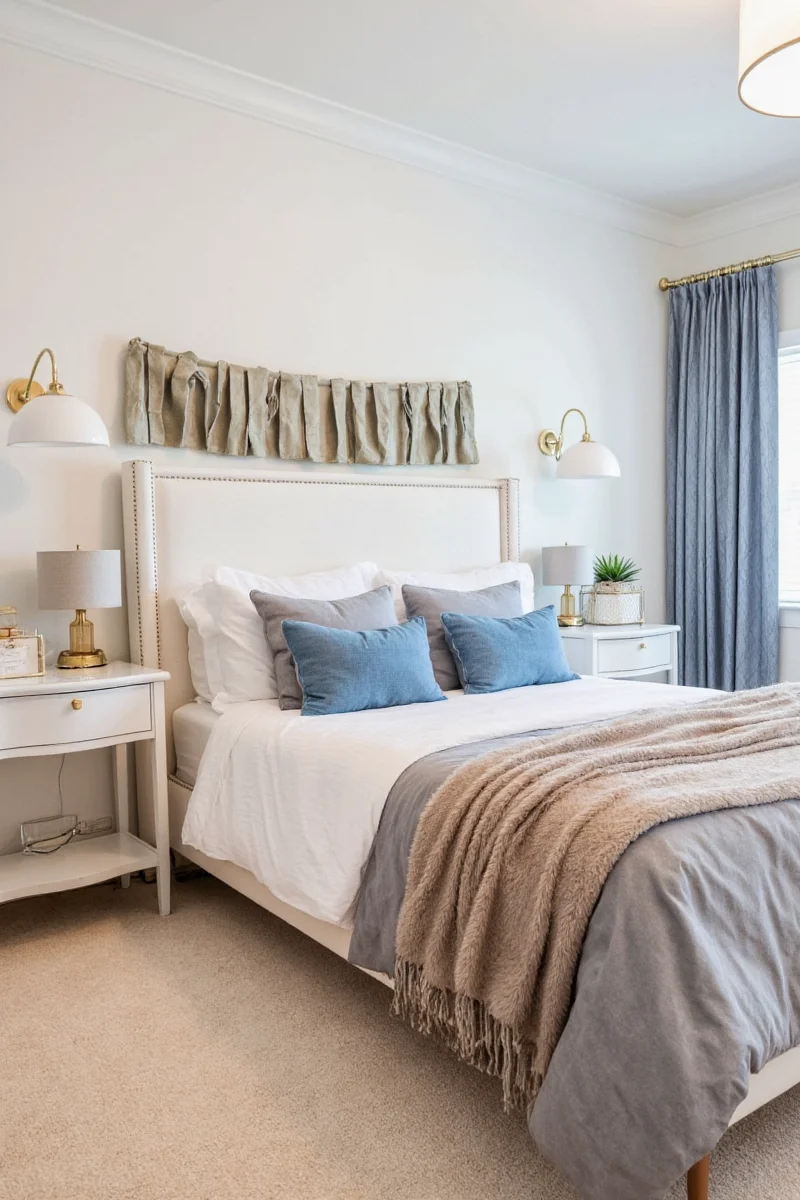
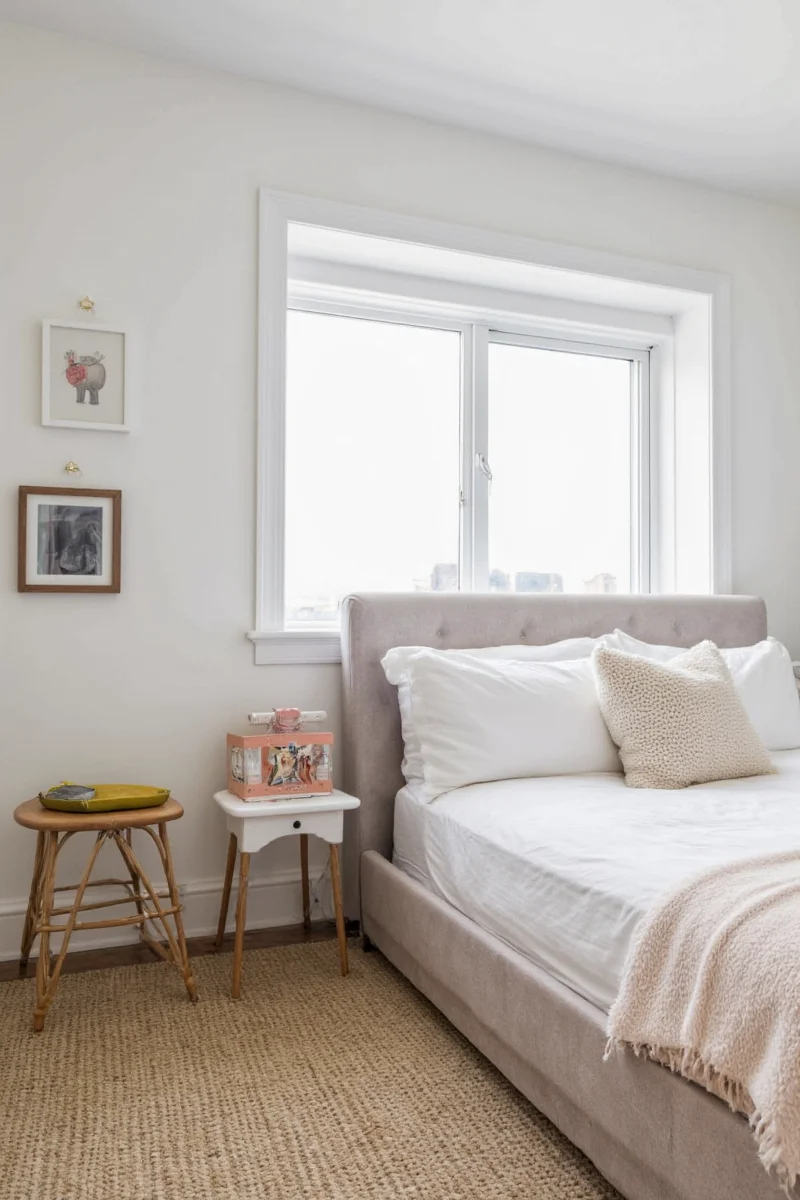









 浙公网安备
33010002000092号
浙公网安备
33010002000092号 浙B2-20120091-4
浙B2-20120091-4